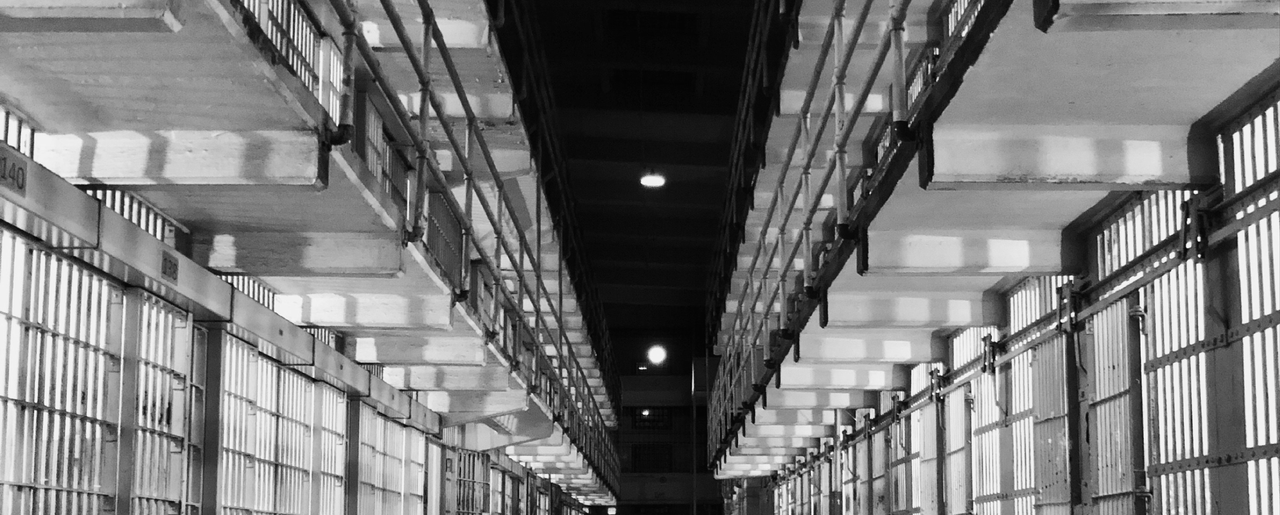Overview
The primary means of execution in the U.S. have been hanging, electrocution, the gas chamber, firing squad, and lethal injection. The Supreme Court has never found a method of execution to be unconstitutional, though some methods have been declared unconstitutional by state courts. The predominance of lethal injection as the preferred means of execution in all states in the modern era may have put off any judgment by the Court regarding older methods.
Because of a resistance by drug manufacturers to provide the drugs typically used in lethal injections, some states now allow the use of alternative methods if lethal injection cannot be performed. Controversies surrounding the method to be used have delayed executions in many states, contributing to an overall decline in the use of the death penalty.
Authorized Methods
NOTE: [Brackets] around a state indicate that the state authorizes the listed method as an alternative method if other methods are found to be unconstitutional or are unavailable/impractical.
| Method | # of executions by method since 1976 | # of states authorizing method | Jurisdictions that Authorize |
|---|---|---|---|
| Lethal Injection | 1432 | 28 states+ and U.S. Military and U.S. Gov’t In South Carolina, lethal injection may be elected as an alternative method, if available. +includes 1 state that no longer have an active death penalty | Alabama, Arizona, Arkansas, California, Florida^, Georgia, Idaho, Indiana, Kansas, Kentucky, Louisiana, Mississippi, Missouri, Montana, Nebraska, Nevada, New Hampshire*, North Carolina, Ohio, Oklahoma, Oregon, Pennsylvania, [South Carolina], South Dakota, Tennessee^, Texas, Utah, Wyoming, U.S. Military, U.S. Government *New Hampshire abolished the death penalty but the repeal may not apply retroactively, leaving a prisoner on death row facing possible execution. To find the drug protocols used by states, see State-by-State Lethal Injection. |
| Electrocution | 163 | 9 states (in South Carolina, electrocution is the default method; the other 8 have lethal injection as default method). | [Alabama], [Arkansas], Florida, Kentucky, [Louisiana], [Mississippi], [Oklahoma], South Carolina, [Tennessee] The supreme courts of Georgia (2001) and Nebraska (2008) have ruled that the use of the electric chair violates their state constitutional prohibitions against cruel and unusual punishment. Virginia had authorized the electric chair as a method of execution in some cases, but it repealed the death penalty in March 2021. |
| Lethal Gas | 16 | 9 states (all have lethal injection as default method) | [Alabama], [Arkansas], Arizona, California, [Louisiana], [Mississippi], Missouri, [Oklahoma], [Wyoming] Five states (Alabama, Arkansas, Louisiana, Mississippi, and Oklahoma) specifically authorize execution by nitrogen hypoxia. Alabama and Louisiana have issued a protocol for its use. Alabama and Louisiana are the only states that have performed an execution by nitrogen hypoxia. |
| Firing Squad | 5 | 5 states (in South Carolina, electrocution is the default method; the other states have lethal injection as primary method) | [Mississippi], [Oklahoma], [Utah], [South Carolina], [Idaho] |
^Both Florida and Tennessee explicitly authorize lethal injection and electrocution, but state that, if those methods are found unconstitutional, prisoners may be executed by any constitutional method of execution.
News & Developments
News
Mar 19, 2025
Louisiana Resumes Executions After 15-Year Hiatus with First Nitrogen Gas Execution

After a series of last-minute legal challenges, culminating with a denial of stay from the U.S. Supreme Court, Louisiana executed Jessie Hoffman on March 18, 2025. Mr. Hoffman’s execution marked both the state’s first execution in 15 years and the state’s first execution using nitrogen gas — only the second state to use this new method. State officials acknowledged that Mr. Hoffman exhibited“convulsive activity” as he inhaled nitrogen gas through a mask while…
Read MoreNews
Mar 18, 2025
Nine Tennessee Death Row Prisoners Challenge State’s One-Drug Lethal Injection Protocol, Citing “High Risk of Torturous Death”
On March 14, 2025, a group of nine death row prisoners in Tennessee filed a lawsuit challenging the state’s sole use of pentobarbital in its revised lethal injection protocol, arguing it creates a“high risk of a torturous death.” In December 2024, the Tennessee Department of Correction (TDOC) completed a multi-year lethal injection protocol review and announced that instead of the previous three-drug protocol, the state would shift to rely on just one drug:…
Read MoreNews
Mar 17, 2025
Idaho Governor Signs Legislation Authorizing Firing Squad as State’s Primary Execution Method
On March 12, 2025, Idaho Governor Brad Little (pictured) signed House Bill 37 into law, making the firing squad the state’s primary method of execution. In a statement to Catholic News Agency, Gov. Little said,“I have long made clear my support of capital punishment…My signing of [this bill] is consistent with my support of the Idaho Legislature’s actions in setting the policies around methods of execution in the state of Idaho.” The bill, which takes effect on July 1,…
Read MoreNews
Mar 12, 2025
Courts Put Upcoming Texas, Louisiana Executions on Hold
On March 11, in separate decisions, a federal court in Louisiana and the Texas Court of Criminal Appeals (TCCA) stayed the upcoming executions of David Wood (scheduled for execution in Texas on March 13) and Jessie Hoffman (scheduled for execution in Louisiana on March 18). In Mr. Wood’s case, the TCCA granted a stay of execution to allow the state more time to address the eight claims Mr. Wood asserted in his state habeas claim. In Mr. Hoffman’s case, the U.S. District Court for the Middle…
Read MoreNews
Mar 04, 2025
South Carolina Preparing for State’s First Firing Squad Execution, Marking First Firing Squad Execution in U.S. in 15 Years
Supreme Court of…
Read More


